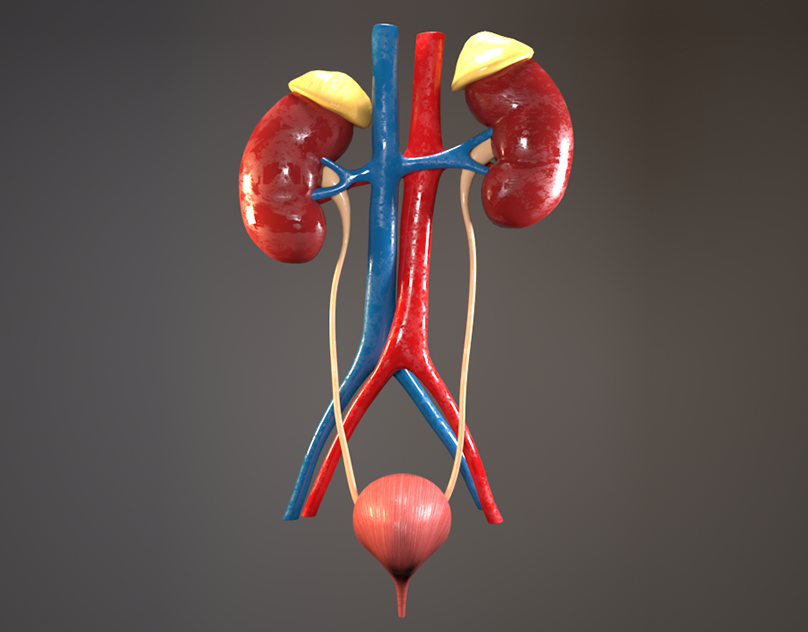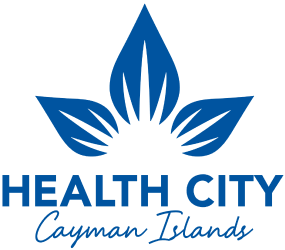
Prioritising Men’s Health: 4 Things Every Man Should Know
February 28, 2023
International Men’s Health Week was observed earlier this month, from June 12-18. The primary objectives were to ‘increase awareness of male health issues globally and encourage inter- and intra-national institutions to develop health policies and services that meet the specific needs of men, boys, and their families’.
Traditionally, men don’t get consistent healthcare until something goes wrong. In some cases,there is a fear of diagnosis, while discomfort with certain examinations, like rectal exams, also tend to keep men away from the doctor. In addition, according to Harvard and Rutgers, there seems to be a correlation between the belief that men should be ‘strong and self-reliant’ and resisting routine exams. In spite of all of this, it is important that men get educated about their health and wellbeing and take the necessary steps to safeguard this.
Common Issues Which Affect Men
The most common health issues affecting men include heart disease, cancer, and diabetes, with more men dying from heart disease than any other condition. Obesity and related conditions are also common. It is also estimated that 50% of all men between the ages of 40 and 70 have some degree of erectile dysfunction. Men are also vulnerable to Sexually Transmitted Infections (STIs) such as Human Papilloma Virus (HPV), which can become penile cancer if left untreated. Low testosterone is another concern, and can cause low sex drive,issues with concentration, infertility, and hair loss. It may be the reason behind what is called ‘male menopause’, which refers to the slow decline in men’s testosterone levels, estimated at about 1% each year. Low testosterone levels can result in depression, difficulty sleeping, weight gain, fat redistribution (i.e. developing a large belly), fatigue, hot flashes, an inability to concentrate, irritability, losing muscle mass, mood swings, and low sex drive. While these may be the result of low testosterone, it’s important to note that other conditions, such as medical disorders, injury, and medication use, may be responsible.
The Importance of Educating Boys About Their Health
In keeping with the objective of Men’s Health Week, education must be acknowledged as a fundamental determinant of good health. There are undoubtable benefits which result from such an education. For boys in particular, their learning and cognitive skills are more likely to improve. So too their physical, social, mental, and emotional health, resulting in an overall healthier community. Developing healthy habits early helps to build a culture of wellness, which augurs well for the future.

Making Simple Changes for Improved Health
So how can men maintain a healthy lifestyle? Dr Sandeep Mahendra, Consultant – Internal Medicine at Health City, recommends a complete wellness programme, advising men to:
- Eat a balanced diet and get regular exercise, which can aid in the prevention of disease;
- Quit smoking;
- Reduce alcohol consumption;
- Get enough sleep;
- Do regular check-ups;
- Get health screenings, whether annually or less frequently, based on the type of
condition; - Be educated about the various health conditions that affect men, especially those that they may be at a higher risk for based on age, family history and so on; and
- Speak with a professional about mental health issues, such as depression.
Where it concerns their mental health, he cautions men to not be ashamed of focusing on their health, as refusing to go to the doctor isn’t ‘macho’, but unwise.
According to Health City’s Dr Sharath Babu, Consultant Radiologist and Head of the Department of Radiodiagnosis, there are several conditions and diseases that men should be aware of and consider screening for during a wellness programme. “For a wellness programme, we can screen for things like prostate cancer, lung cancer, heart disease, osteoporosis, abdominal aortic aneurysm, and various musculoskeletal conditions. However, the specific screening recommendations may vary depending on factors such as age, family history, and individual risk factors.”
Health City’s Men’s Health Check Promotion
In support of men’s health, Health City is offering Men’s Health Checks for US$549 throughout the month of June. That’s savings of $200! Your appointment should be booked by June 30 and must be taken by July 31. This is only available at our East End hospital. A Men’s Health Check includes an Executive Health Check PLUS Prostate-Specific Antigen (PSA), Cardiac Testing (Treadmill Testing), Abdominal Ultrasound, and a Diet Consultation. Conditions apply.Contact us at (345) 640-4040 or by emailing info@healtycity.ky.













